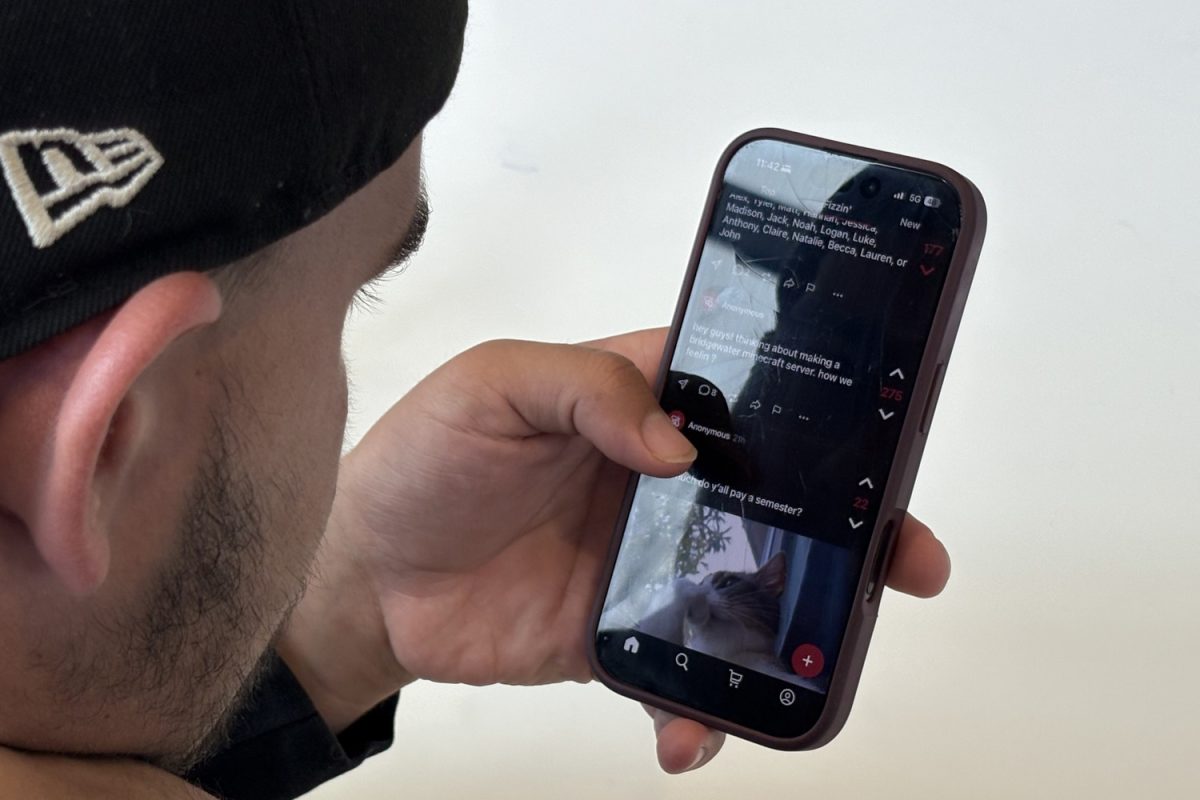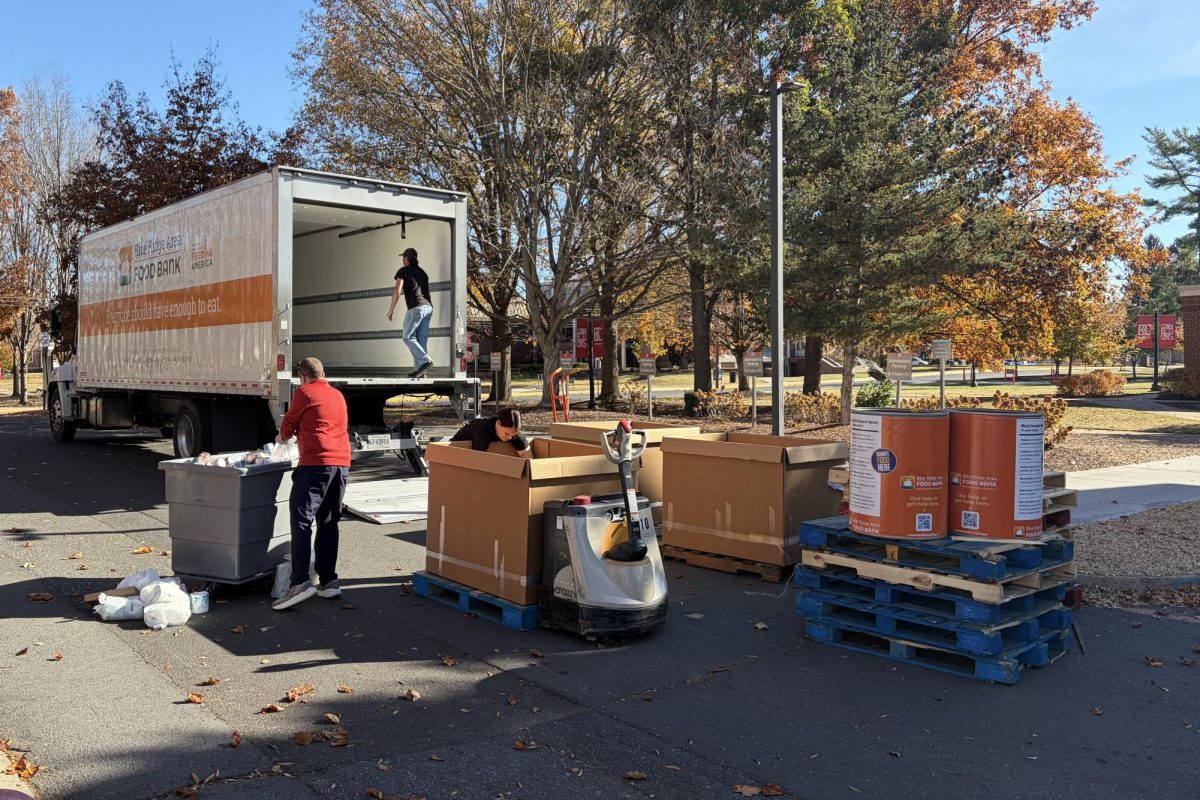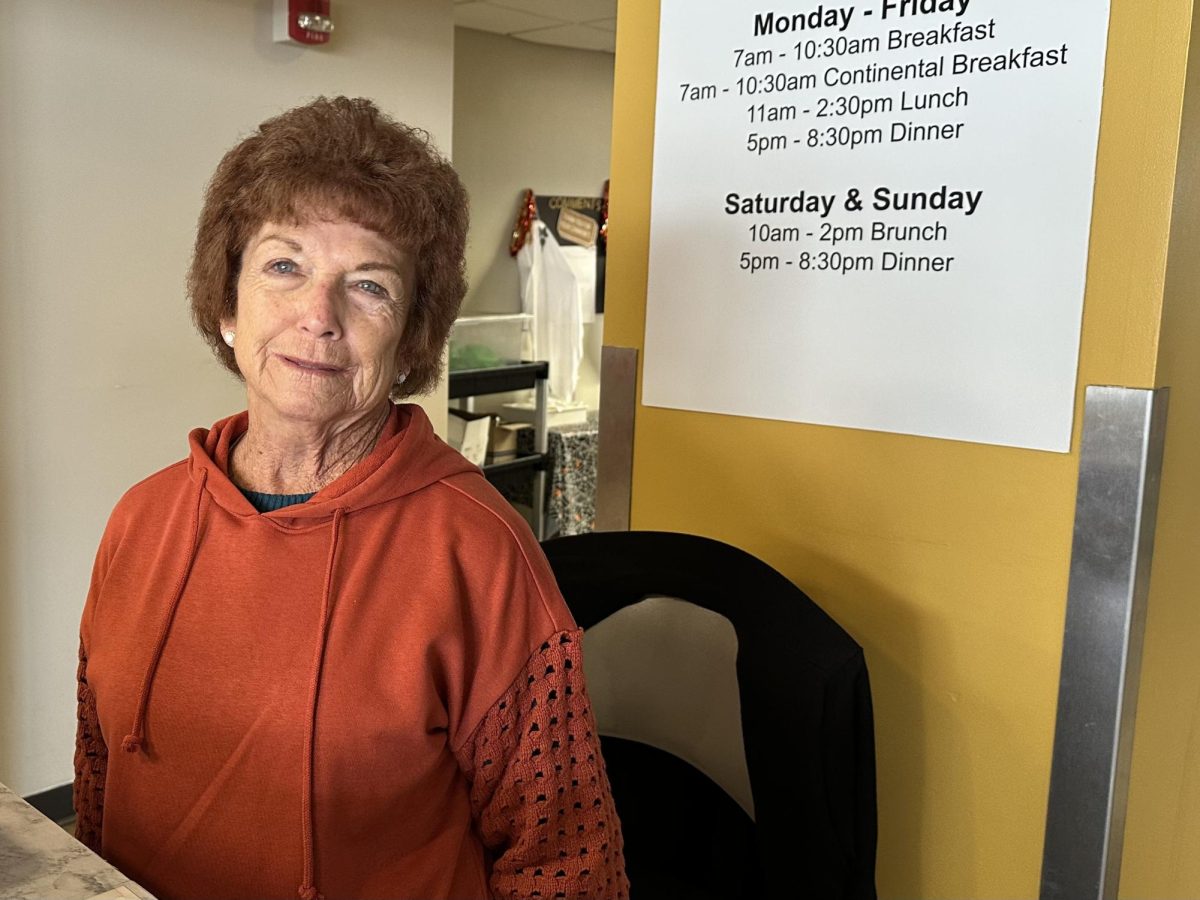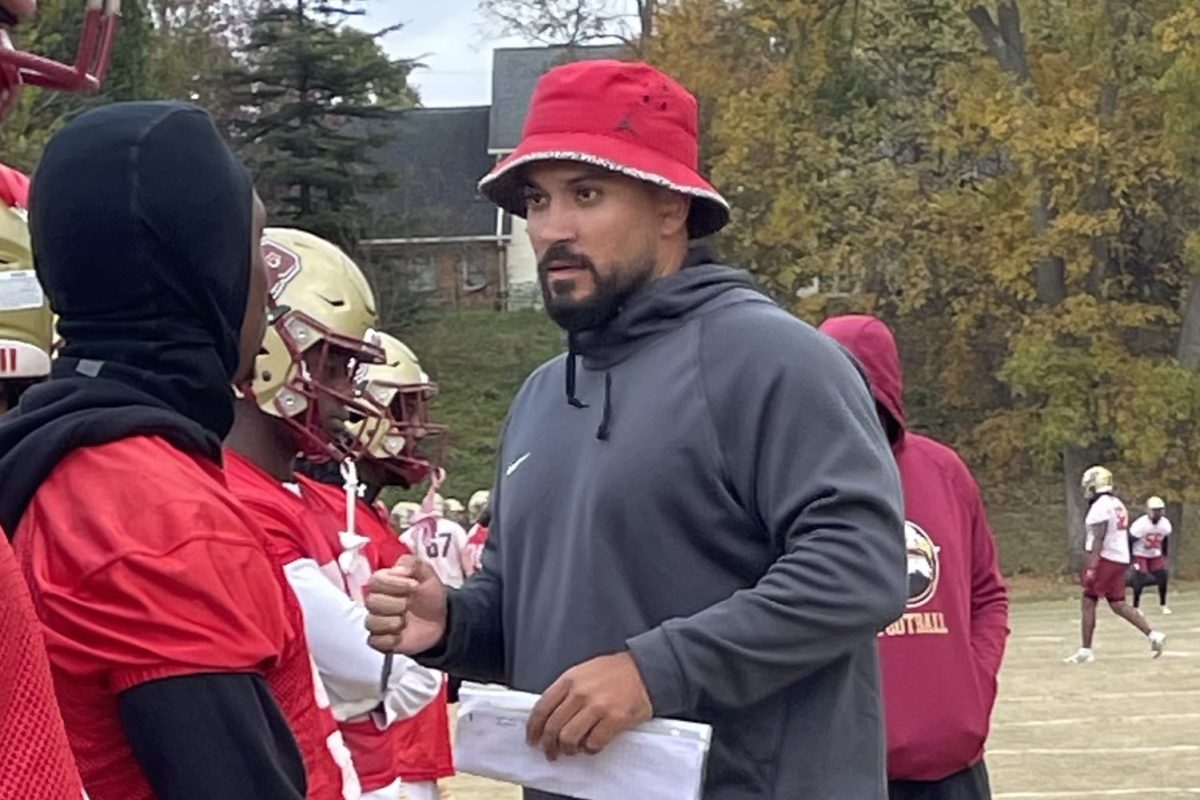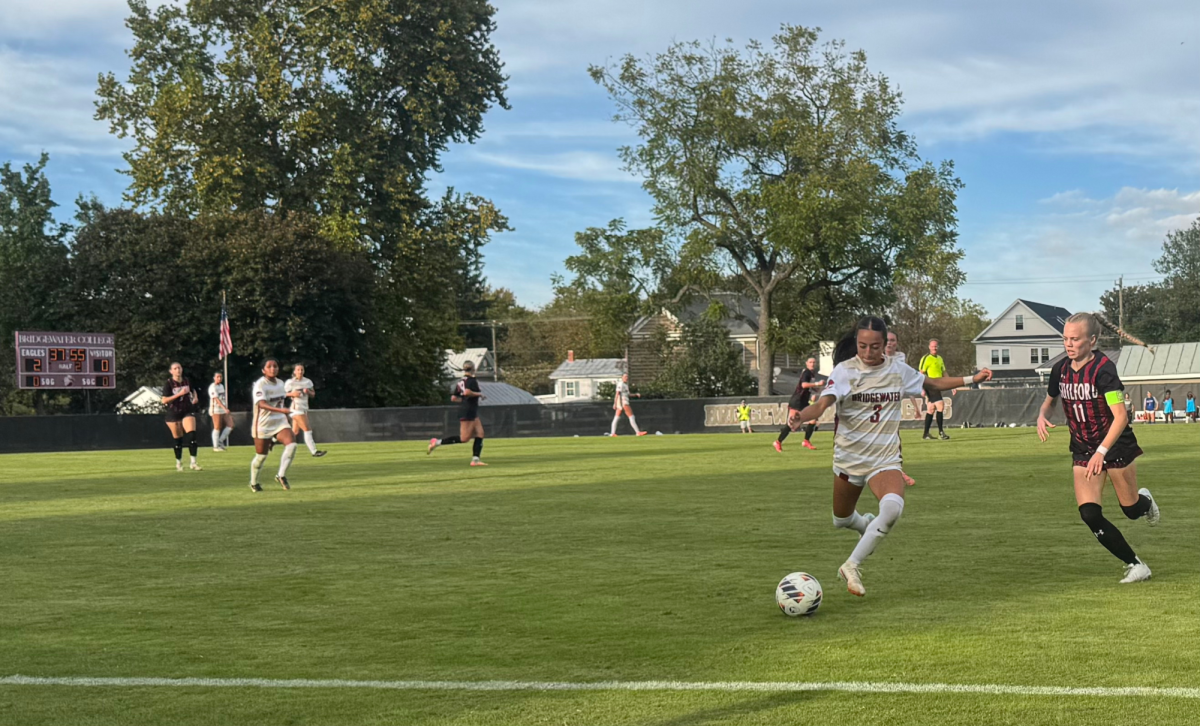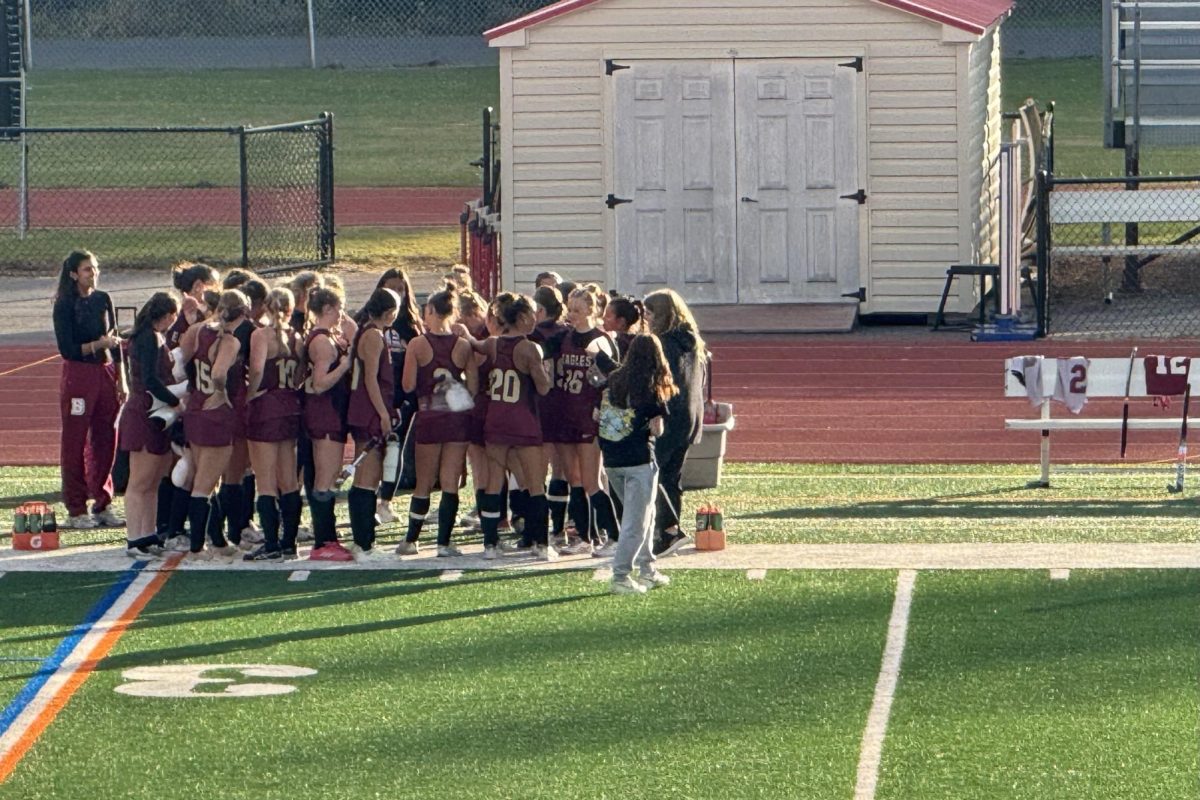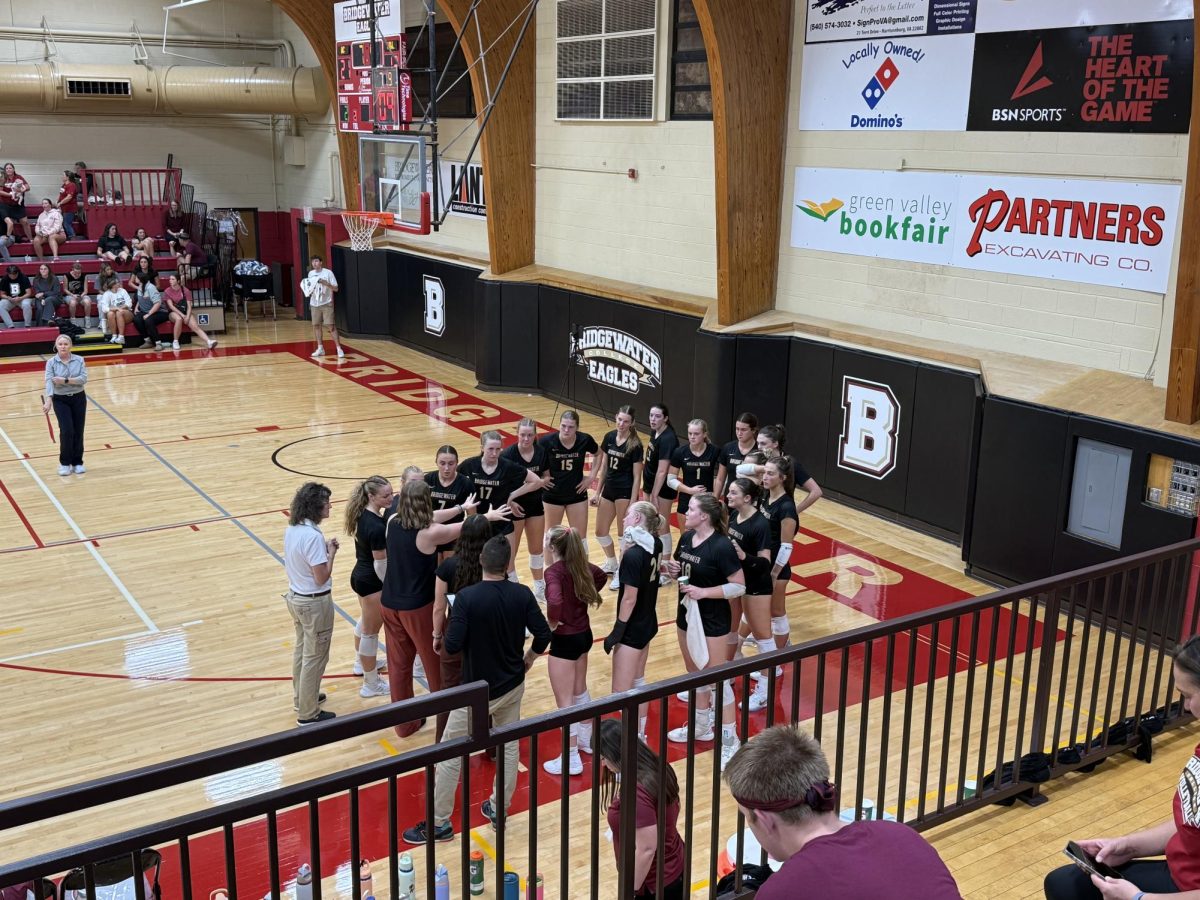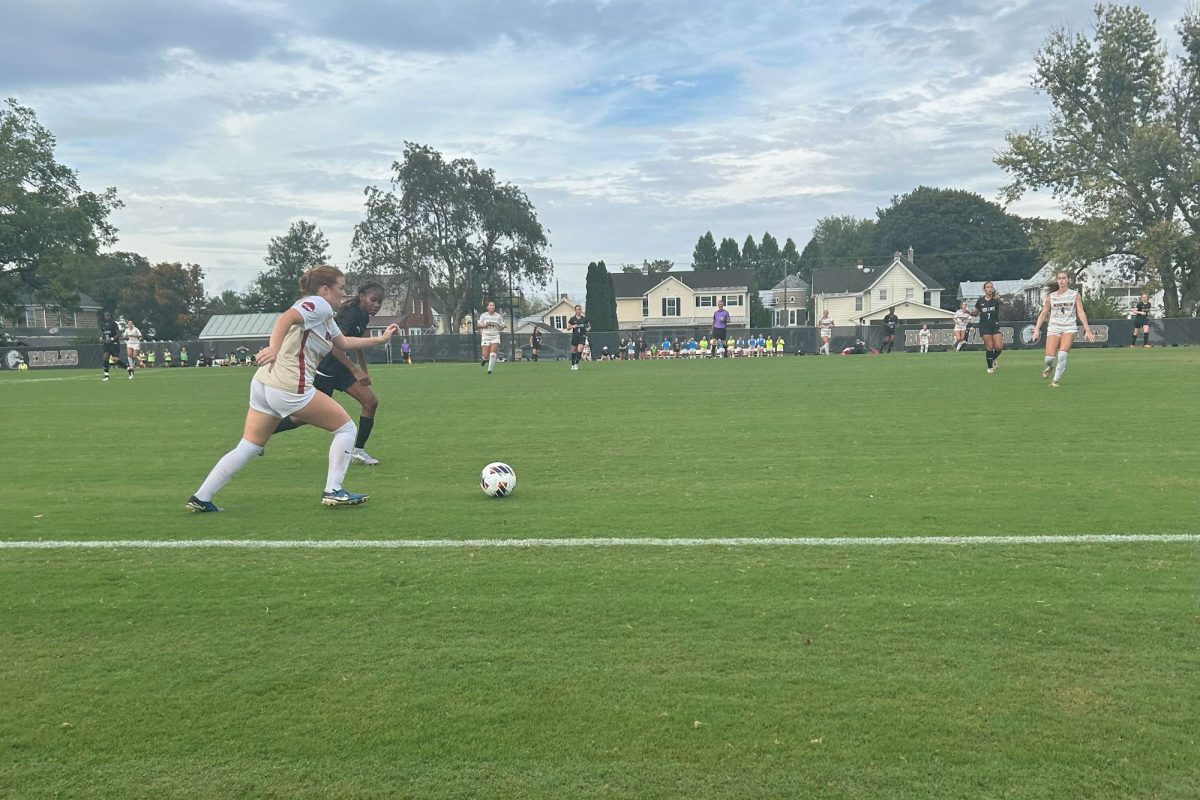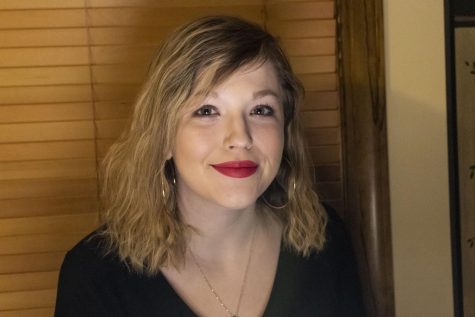Science Professors and Students Adjust to Classes and Labs in an Online Setting
“This Semester Will Always Be Remembered As The One We Did Online”
With all science courses in distance learning mode, professors are adjusting lab assignments to enable students to complete the tasks with resources they have on hand at home, online, and outdoors.
March 31, 2020
Bridgewater, Va. – Bridgewater College science professors are having to adjust their classes and labs to accommodate distance learning, due to the closing of campus on March 16.
Professors had little time to prepare and transition from in-person to online classes. Science professors have been especially faced with challenges in transitioning from hands-on labs to distance learning models that enable the necessary aspects of labs to be taught.
Associate Professor of Biology Kimberly Bolyard is using programs such as Zoom for advising and Panopto for lectures. “I have also started using Piazza, a free program for classroom discussion that can also be used in Canvas. Piazza is great because I can see what students know and understand but also other students can help each other learn,” said Bolyard.
“My plan is to keep learning in my courses going the best I can. That means trying to be available to students to answer questions as they do readings but also to replicate some guided learning by posting recordings on Canvas,” stated Boylard.
Trying to move labs online is especially difficult as labs are the hands-on aspect of the classes that present a different kind of learning for science students. Boylard is still trying to solve this issue for her animal behavior lab.
“I am looking at some virtual labs, some interactive or simulations and trying to think about how what I usually do could be modified,” said Bolyard.
Sophomore Camryn Rosenberger currently has two lab classes that are each being handled differently. In her environmental science class, Rosenberger’s professor is adjusting each assignment to enable them to be completed at home.
For example, one lab required the students to go to a grocery store and observe food labels, but instead her professor allowed them to look at food labels online or observe what they have in their homes. In her ornithology class, Rosenberger is required to go “out in the field” and record the various birds that she encounters during the allotted time.
“I have liked the flexibility in order for me to be able to complete some tasks while I would’ve had class at Bridgewater; however, overall its lack of structure has been difficult to adjust to,” said Rosenberger. “To be honest, though I have a hard time with this set-up, I feel bad for our professors, many of whom had to learn this new technology quickly and make all their lectures digital.”
Bolyard wants students to remember to stay positive during this time and to continue to get help if they are confused.
“I would tell students to check in with their professors as needed. If you don’t understand something, try to get clarification right away,” said Boylard.
“Stay connected with your classes the best you can, so that you can maintain the sense of community and normalcy as much as possible during this time,” she added. “For dealing with the stress, remember to get enough sleep, get some exercise, and eat healthy, whole foods.”
“This semester will always be remembered as the one we did online,” said Boylard.

